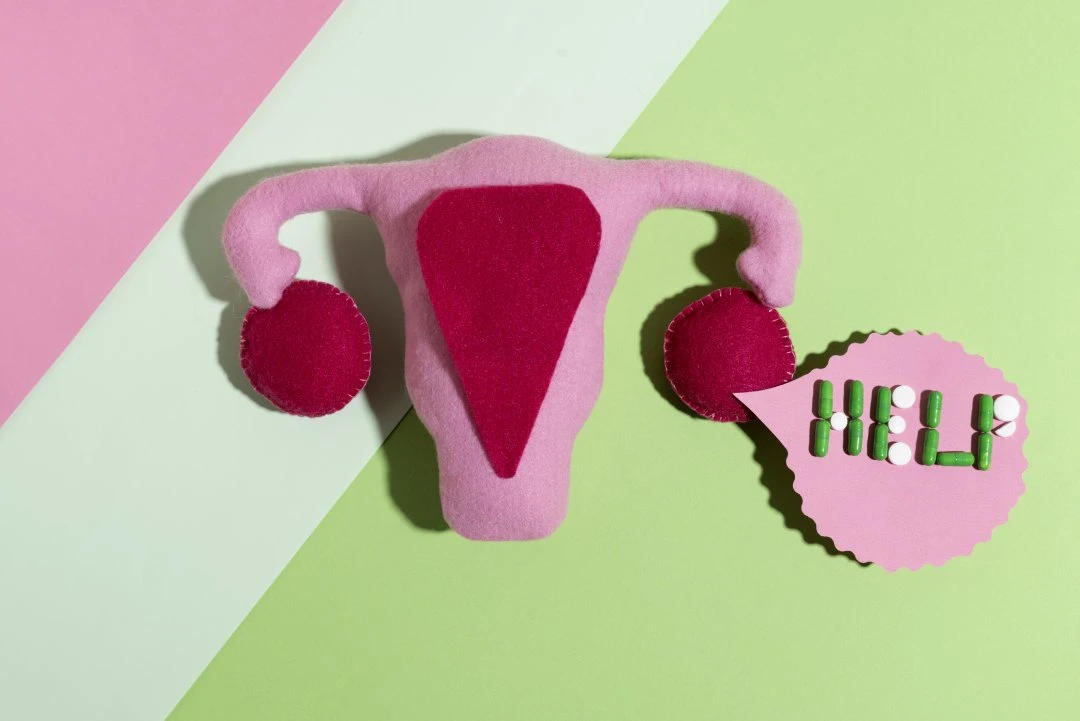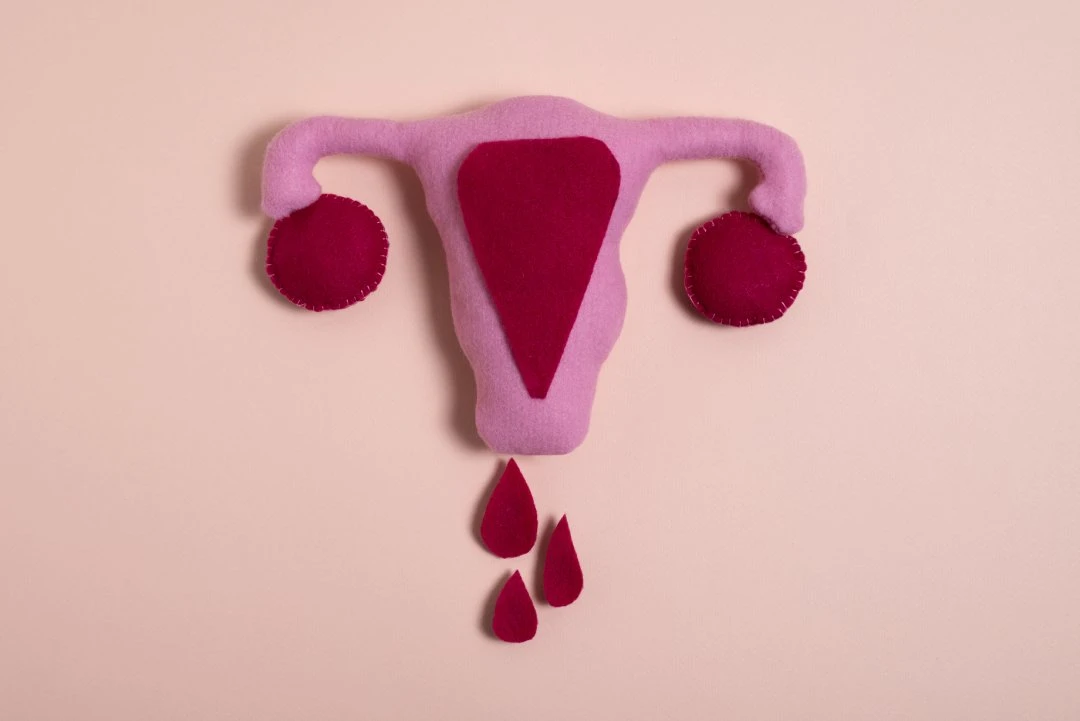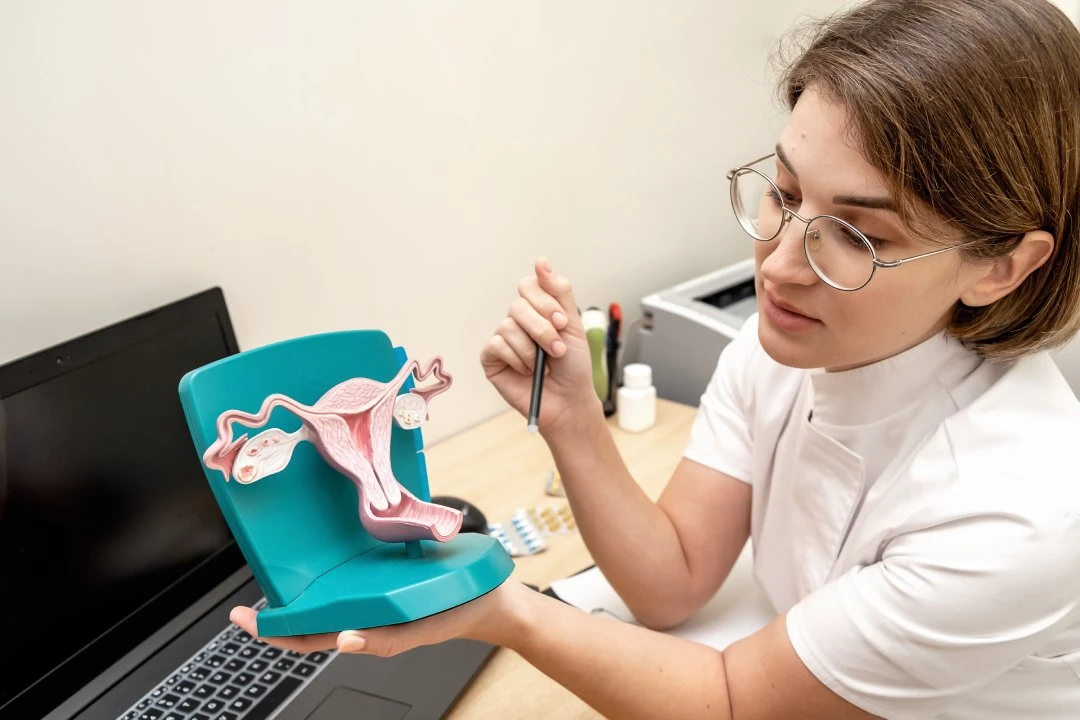- Irregular menstrual cycles
- Excessive hair growth
- Weight gain
- Ovulation disorders
Lifestyle changes and medication can be applied in the treatment of PCOS.
Endometriosis
Endometriosis is a condition where the uterine lining grows outside the uterus. It can cause severe menstrual pain and infertility. A definitive diagnosis can be made through laparoscopic surgery, and various treatment options are available.
Hirsutism (Excessive Hair Growth)
Hirsutism, characterized by increased male-pattern hair growth in women, usually develops due to a hormonal imbalance. Treatment may include hormonal regulators and laser hair removal.
Normal Pubertal Development
Puberty is an important period during which the female reproductive system begins to develop. Normal pubertal development, age of menstruation, and hormonal changes should be regularly monitored.
Gynecological Diseases
Women’s Health
Women's health can be protected through regular gynecological exams and accurate information. Gynecological diseases can be effectively treated when detected early. Below, you’ll find detailed information about the most frequently encountered gynecological disorders in women and ways to prevent them.
Polycystic Ovary Syndrome (PCOS)
PCOS is a condition caused by hormonal imbalances, leading to irregular ovulation and excessive production of male hormones. Its symptoms include:


Gynecological Examination and Ultrasonography


Gynecological examination plays a crucial role in maintaining women’s health. Regular check-ups allow for the early detection of many diseases. Ultrasonography is one of the most effective imaging methods used to evaluate the uterus and ovaries.
Contraceptive Methods
Contraceptive methods should be chosen according to an individual’s lifestyle and health condition. The most common methods of contraception are:


- Pills and Injections: Hormone-containing contraceptive methods.
- Intrauterine Device (IUD): An effective method that provides long-term protection.
- Barrier Methods: Physical barriers such as condoms and diaphragms.
Sexually Transmitted Infections (STIs)
Sexually transmitted infections (STIs) can spread through unprotected sexual contact. The most common infections are:


- HPV and Genital Warts
- Chlamydia and Gonorrhea
- Herpes Simplex Virus
It is possible to prevent STIs by regular testing and taking preventive measures.
Benign Diseases of the Vulva, Vagina, and Uterus
Benign diseases of the female reproductive organs are common. Some of these include:


- Vulvar Diseases: Cysts and benign lesions.
- Vaginal Diseases: Polyps and vaginal cysts.
- Uterine Diseases: Benign growths in the uterus such as fibroids and polyps.
Most of these conditions can be monitored without the need for surgical intervention.
Benign Diseases of the Ovary


Ovarian cysts are common issues in women. Most are benign and may resolve spontaneously with regular monitoring. However, some large or painful cysts may require surgical intervention.
Seeking more than excellence New Jersey Plastic Surgery is a center of evolution.


The menstrual cycle is an important indicator of the healthy functioning of the female reproductive system. Cycles ranging from 21 to 35 days are considered normal. Hormonal imbalances can cause irregular menstruation.
Abnormal Uterine Bleeding
Abnormal bleeding can be a sign of various health issues. The most common causes include hormonal imbalances, fibroids, and polyps. Women experiencing bleeding complaints should consult a specialist without delay.
Premenstrual Syndrome (PMS)
PMS consists of physical and emotional symptoms occurring before menstruation due to hormonal changes. Breast tenderness, headaches, and mood swings are the most common symptoms. Symptoms can be alleviated with dietary and lifestyle changes.
Dysmenorrhea (Painful Menstruation)
Dysmenorrhea is characterized by severe pain and cramps during menstruation. Primary dysmenorrhea has no underlying disease, whereas secondary dysmenorrhea may be associated with conditions like endometriosis or fibroids. Heat applications, exercise, and certain pain relievers can help reduce pain.
Amenorrhea (Absence of Menstruation)
Amenorrhea is the absence or cessation of menstrual bleeding. It can be caused by genetic factors, hormonal disorders, or significant weight changes. Treatment depends on the underlying cause.
Protect Your Women’s Health
Contact Us
Having knowledge about gynecological diseases and regular check-ups is the key to leading a healthy life. You can improve your quality of life by protecting your gynecological health with our expert doctors. For detailed information and appointments, contact us!
Contact Us
Yeşilbahçe Mahallesi, Metin Kasapoğlu Caddesi, 1450. Sk. Onur Apt No:6 Kat :10 Daire No:22, 07160 Muratpaşa/Antalya
The reason for your admission to our clinic and your personal information will be kept confidential within the scope of your legal rights (Republic of Turkey Ministry of Health Patient Rights Regulation Official Gazette 01.08.1998, 23420). It is not possible to provide information about your personal information, illness and treatment to third parties.
